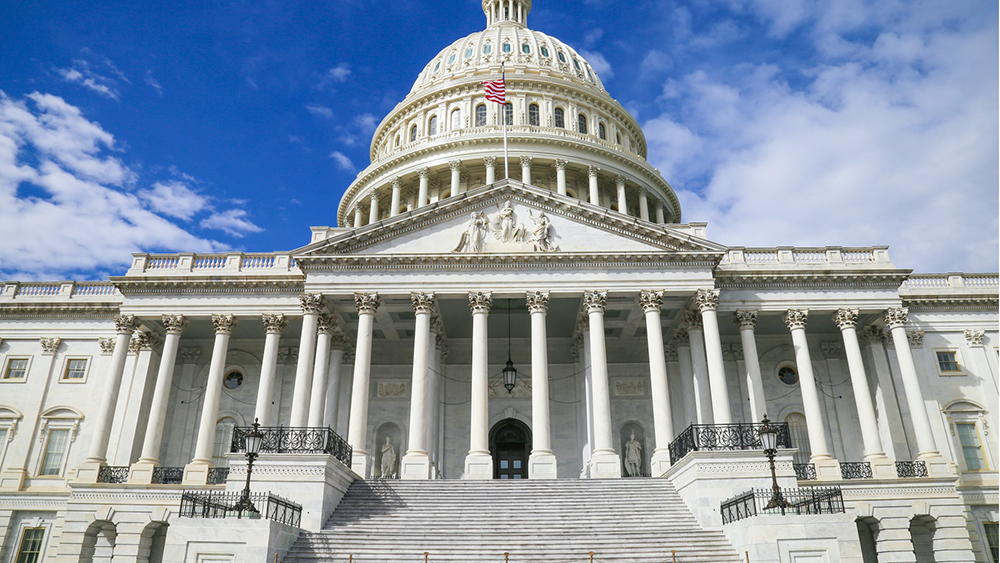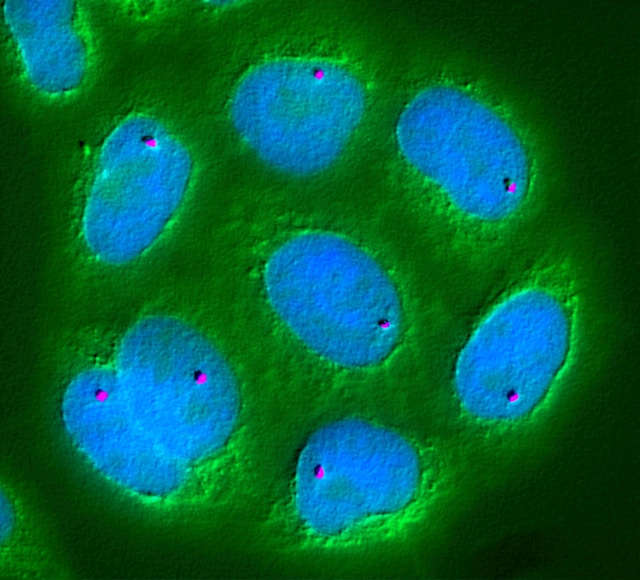After two decades of research and development, Sutro Biopharma is still a few years away from seeking market approval for its first drug, a potential breakthrough in cancer care. Requiring Sutro to pay taxes on their R&D funding for the drug before they even begin earning revenues would slow the introduction of that breakthrough, according to Bill Newell, company CEO.
“If we do not get the full value of the dollars that we raise, that’s going to delay development, or in a worst-case scenario, it means we cannot develop those drugs,” Newell says. “Taxing research before it produces revenue ultimately means fewer therapies are available for patients.”
This wasn’t a concern until last year. Back in 1981, with the understanding that incentivizing research produces innovation and future revenue, Congress began to ensure that funding raised for R&D is not taxed. But as of 2022—under a provision in the 2017 Tax Cuts and Jobs Act—R&D tax credits must be amortized over five years. The full deduction for funding raised for R&D has been effectively reduced to a 20% deduction.
Full R&D deductions would be restored under the American Innovation and Jobs Act, bipartisan legislation awaiting passage in Congress. Newell is supporting the proposed act in his role as chair of the Capital Formation Committee of the Emerging Companies Board at the Biotechnology Innovation Organization (BIO).
In a new BIOAction campaign, BIO is encouraging companies to contact their Members of Congress and urge them to pass this legislation.
While all innovation is impacted, the major reduction in R&D tax credits is especially hard for biopharma companies. These companies spend 21% of their budgets on R&D globally—the second-largest percentage of R&D spending of any industry after hardware technology (23%), according to Statista.
“This is an issue that really affects every biotech company, from the smallest companies to the largest. We want to put all the capital that we raise into new medicines. We want to benefit patients. When we generate revenue from sales of our medicines, we will pay taxes,” said Newell.
More than $1 billion for R&D
In a situation that is typical for biopharma, Newell’s company has raised more than $1 billion over the years to pay for research that began in 2003 but is not yet generating sales revenue.
“We’ve been around for 20 years, and we have just this past year started a registration trial for women with ovarian cancer,” Newell says. “It will likely be several more years before we have sufficient data for regulatory approval.”
Sutro Biopharma is currently involved in a phase II/III study investigating the use of luveltamab tazevibulin to treat platinum-resistant ovarian cancer. Their innovation is a novel antibody-drug conjugate that kills tumor cells while also generating an immune response to the patient’s particular tumor cells. It employs Sutro’s unique next-generation cell-free platform, which enables rapid production of a wider variety of proteins, at scale. The technology promises a major new weapon in the fight against cancer.
The firm raised approximately three-quarters of its R&D funding by agreeing to collaborate with larger companies on the development of new medicines. The partners who paid a total of about $750 million for co-licensing research will not see a return on their investment until the drug is approved and reaches the patients who need it.
Legislative fix for R&D funding awaits passage
Requiring amortization of R&D funds is seen as putting the United States at a competitive disadvantage. R&D tax exemptions of 100% are common in most other countries, and in China, research is supported with what amounts to a 200% tax deduction.
That’s a big reason why members of Congress put forward the American Innovation and Jobs Act last year. Restoring 100% tax deductions for R&D funding.
BIO’s support for this measure includes a letter to Congress in May explaining: “R&D amortization is already having and will continue to have a negative impact on American innovation and high-paying R&D jobs. For the biotechnology industry specifically, it will divert much-needed funds away from small R&D intensive companies. This could potentially cause long-term damage to the development of future treatments and ultimately limit the pipeline of treatments and products that patients and consumers rely on.”
The current BIOAction campaign also promotes the American Innovation and Jobs Act, making it easier for stakeholders to tell their Senators and Congress members how they feel. Find out more here.




